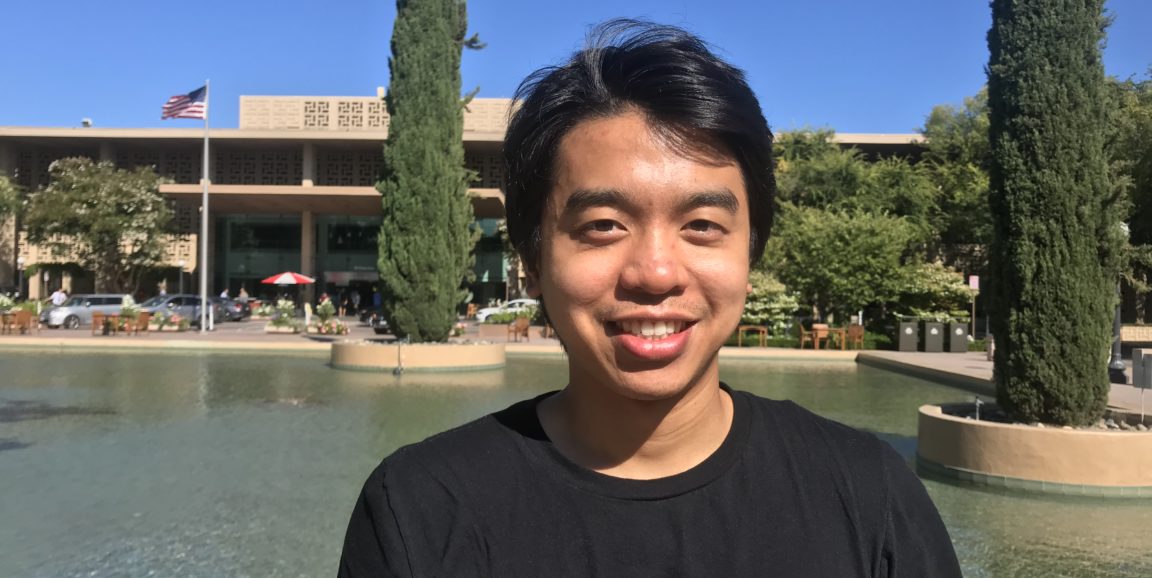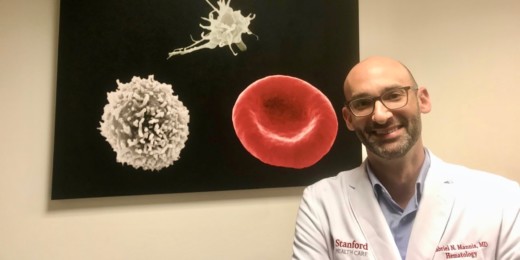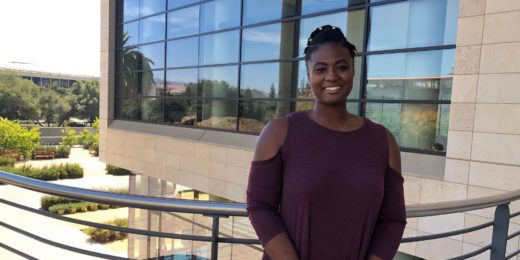Bryan Xie is a rising fifth-year immunology graduate student. He's also a good friend -- I first met him when I was still a PhD student in the same program. We've spent countless hours talking about the NBA, our plans after graduating and how to stay sane in grad school.
Xie, an Orange County native, started his PhD at Stanford in 2015 after graduating from the University of California, Irvine. I sat down with him to learn where his passion for translating basic research into new therapies has taken him -- and how he's helping others discover their own passions.
What got you hooked on translational research?
I've had two advisors while at Stanford. My first advisor, Manish Butte, MD, PhD, left for the University of California, Los Angeles in 2016. I decided to stay at Stanford and joined the lab of Everett Meyer, MD, PhD. I had the opportunity to shadow both of them in the clinic and saw them interact with patients with immunological diseases. I thought that was really inspiring, to not only have a research lab trying to find a cure to a disease but to also be on the front line. I wanted to be like them -- in the clinic discussing therapeutic options with patients and caring for them.
How has that interest shaped your PhD project?
One part of my project that I'm really excited about is using T regulatory cells as a cellular therapy in a phase II clinical trial. The idea is that, when we do a bone marrow transplant for some patients with blood cancers, the transplant includes donor T cells to get an immune response to kill any remaining cancer cells. But sometimes, those T cells go too far and attack the patient's own organs -- that's called graft-versus-host disease. We think that by including the cells that regulate T cells, the T regulatory cells, we can hopefully suppress the immune system just enough to prevent the harmful graft-versus-host disease, but at the same time keep the beneficial graft-versus-tumor reaction.
What are your goals?
In the short term, I'm planning to apply to med school after finishing my PhD. I was inspired to pursue this path from my shadowing experiences with my advisors. I think it is really exciting to see patients and use that clinical insight to collaborate with researchers and help push therapies from the bench to the bedside. I have also explored the business side of biotech, such as participating in the Mythos Biotechnology Fund, which is managed by Stanford grad students and postdocs, and doing some biotech consulting projects. Ultimately, I hope to blend practicing medicine, collaborating with researchers and serving on the advisory boards of companies to offer my insights on how to move their therapeutics into the clinic
Was it hard pivoting from basic science to a more clinical focus?
Yeah, I realized as a first-year student that academia wasn't for me, but I didn't know what else to do and that was nerve-racking. From talking to my peers, I realized that I was not alone in this experience, and I want to help students who realize that academia is not for them understand that it's OK, there are other options and I'm going to try to hook you up with these other opportunities to learn more.
How are you connecting students with opportunities?
I'm a student ambassador for BioSci Careers, and I serve as a link between graduate students and the staff at the School of Medicine's career center. My role is to identify what careers students are interested in and then try to set up events -- panels, on- or off-site visits or career fairs -- to connect students with those careers. We also help students who are interested in academia, but we noticed there's been increasing interest in jobs outside academia.
What do you do in your spare time?
Playing tennis with friends, going to the gym and a lot of TV honestly. I love watching the Lakers and the Ducks -- even though the Lakers have had a rough couple of years! And my wife and I recently started watching "Gilmore Girls" on Netflix.
Whose idea was "Gilmore Girls"?
My wife's. But it's a great show and I recommend it!
Photo by Jonathan Wosen






